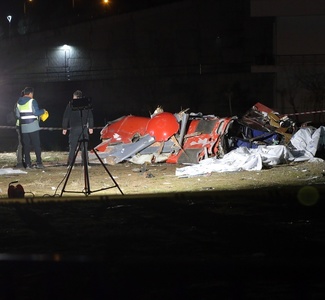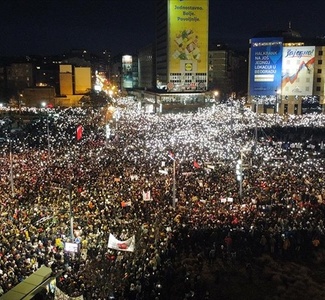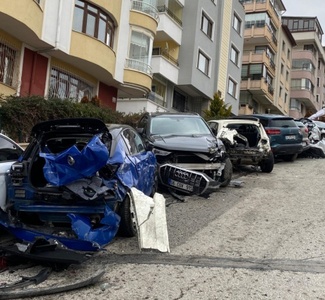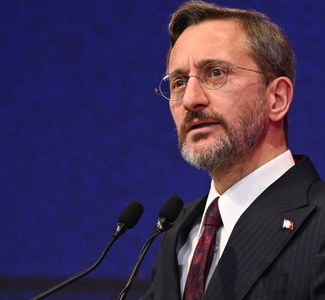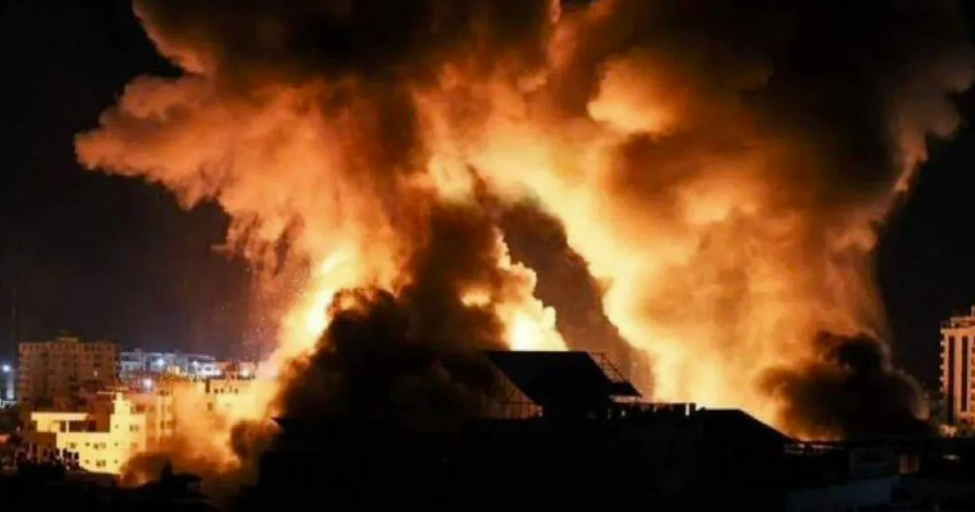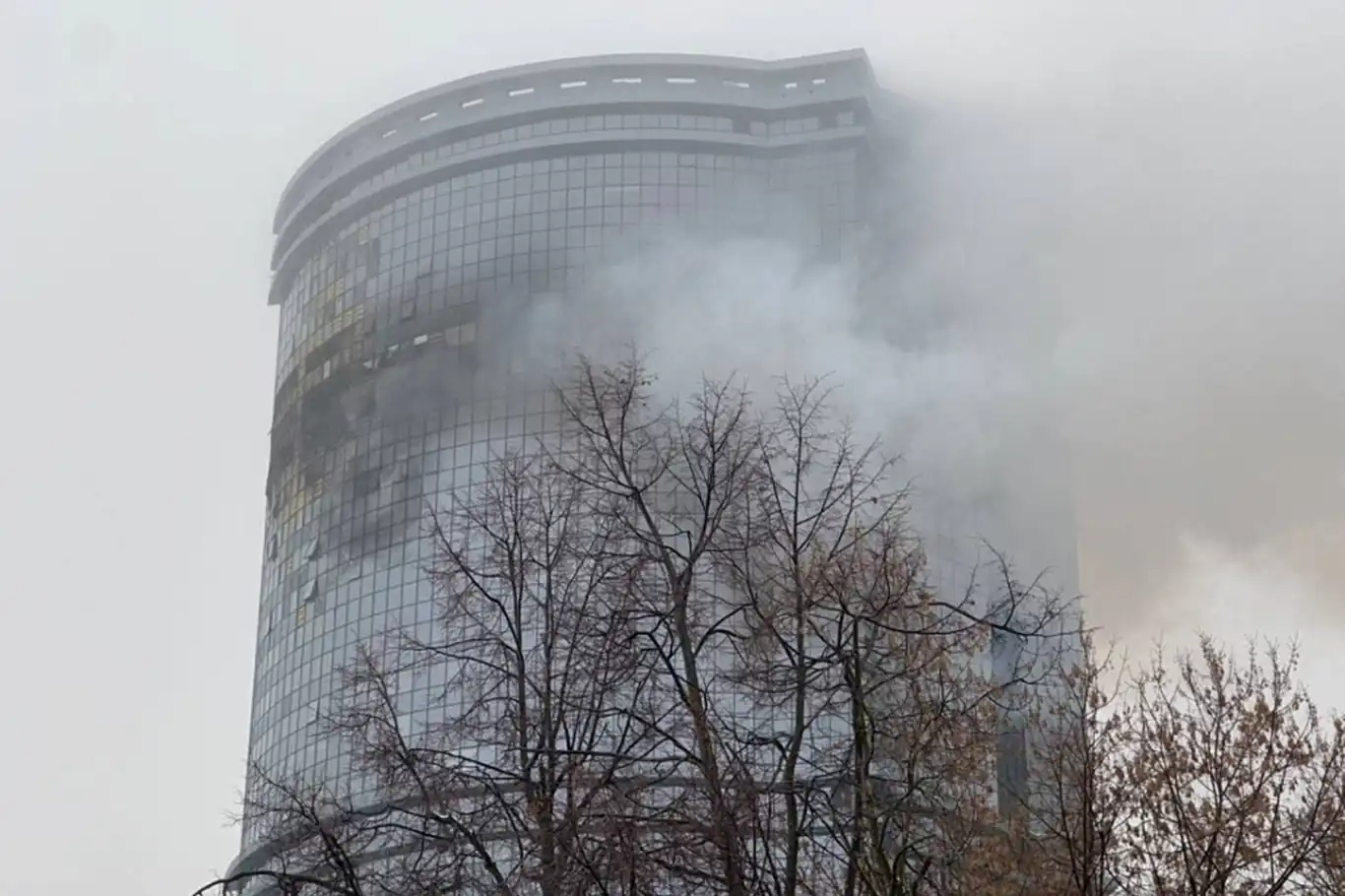Armenia ratifies Rome Statute, opening door to ICC jurisdiction
Armenia has officially accepted the jurisdiction of the International Criminal Court (ICC) after lawmakers ratified the founding documents on Tuesday.

 Google News'te Doğruhaber'e abone olun.
Google News'te Doğruhaber'e abone olun. This decision brings forth the obligation for the former Soviet republic to arrest Russian President Vladimir Putin should he ever return to the country.
During the parliamentary session, lawmakers voted in favor of the Rome Statute, with 60 members supporting its ratification and 20 opposition lawmakers casting dissenting votes. The move, which Armenia's Prime Minister Nikol Pashinyan has championed, has faced strong objections from Moscow, traditionally an ally of Yerevan.
Last Thursday, Kremlin Press Secretary Dmitry Peskov expressed Russia's displeasure, stating that accepting the jurisdiction of the ICC would be viewed as "extremely hostile." This comes as the ICC has issued an arrest warrant for Putin on war crimes charges related to Russia's aggression in Ukraine.
Pashinyan has maintained that the decision is not directed against Russia but is essential to ensuring Armenia's protection under international law, particularly in its ongoing dispute with neighboring Azerbaijan.
The ICC warrants, issued in March, accuse Putin and Russia’s commissioner for children’s rights, Maria Lvova-Belova, of involvement in the abduction and forced deportation of children from Ukraine since the onset of Russia’s full-scale invasion last year. Notably, Ukraine, while not a signatory to the Rome Statute, has granted the court jurisdiction to investigate war crimes committed during the conflict.
Despite Russia's rejection of the warrants, they have had practical implications, affecting Putin's travel plans.
In July, the Russian president had to withdraw from a summit with leaders of developing economies in South Africa, a country that has ratified the Rome Statute. The acceptance of ICC jurisdiction by Armenia marks a significant development in the complex geopolitical landscape of the region. (ILKHA)
































